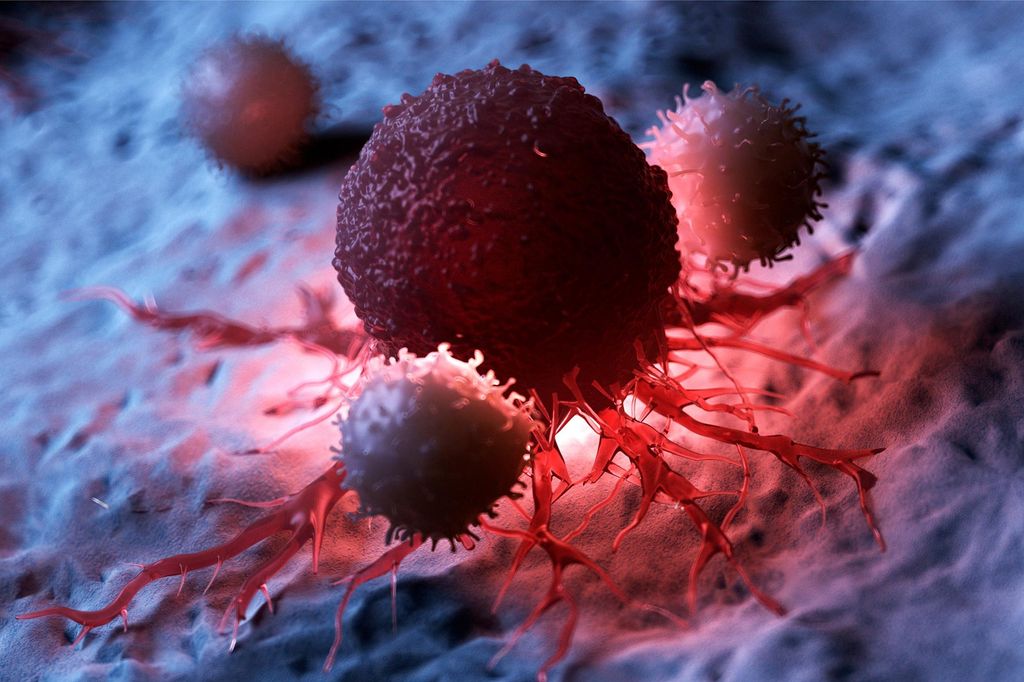A new drug combination has successfully eradicated or reduced the size of tumours in ovarian cancer patients.
A groundbreaking drug combination has demonstrated remarkable potential for the treatment of ovarian cancer, offering hope to thousands of women.
Clinical trials presented at the world’s largest cancer conference have revealed that this innovative therapy can significantly reduce tumour size in nearly half of the patients with the disease.
The newly developed treatment effectively impedes tumour growth, providing long-term relief from the condition.
Experts said they are astounded by the “fantastic” and “very exciting” results and consider the drug combination to be significantly more effective than any existing treatment option available to patients.
A patient who had previously exhausted chemotherapy and hormone therapy, with no viable treatment options remaining, experienced a remarkable turnaround thanks to this breakthrough treatment.
The drug combination successfully eradicated her tumours, as confirmed by the latest scan results, which revealed no trace of the disease.
The phase 2 trial, led by the Royal Marsden NHS Foundation Trust and the Institute of Cancer Research in London, examined the efficacy of the drug avutometinib both as a standalone treatment and in conjunction with defactinib. The trial involved 29 patients.
Dr Susana Banerjee, the global lead investigator of the study presented at the American Society of Clinical Oncology’s annual meeting in Chicago, said it could represent a “significant breakthrough”.
“These initial results could be fantastic news for women with low-grade serous ovarian cancer, indicating a far more effective option than current treatments,” she said.
Banerjee, a consultant medical oncologist at the Royal Marsden and team leader in women’s cancers at the Institute of Cancer Research, added: “It’s wonderful to see so many patients experience a meaningful response to this innovative drug combination and I’m so grateful to all who joined the trial, making this research possible.”
Remarkably, the trial results indicated that nearly half of the patients (45%) who received the new drug combination witnessed a significant reduction in tumour size. In comparison, the response rate of the next best treatment option, trametinib, stood at 26%, making the new drug combination nearly twice as effective.
Notably, patients with a specific mutation, specifically those with KRAS-driven ovarian tumours, experienced even more promising outcomes, with 60% witnessing tumour shrinkage following treatment.
Encouragingly, even patients without the aforementioned mutation demonstrated a favourable response, with 29% experiencing positive results. This marks a substantial improvement compared to standard treatment.
It is worth mentioning that all the patients enrolled in the trial had low-grade serous ovarian cancer, which is commonly diagnosed in younger women.







